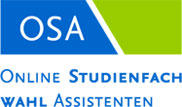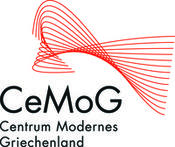West German–Greek Relations and the EEC, 1957–1981
Researcher: Dr. Christos Tsakas
Funding: DAAD One-Year Research Fellowship and German–Greek Future Fund
Duration: 2015–2017
This project, analyzing the correlation between industrialization and Europeanization, questions conventional wisdom about Greece’s path to Europe. Much of the political science and diplomatic history literature has argued that the Greek entry into the EEC was the combined outcome of domestic political and international security factors in the 1970s, despite poor economic performance. By contrast, this project, highlighting West Germany’s role in the shaping of the Greek development paradigm and focusing on the political interference by German–Greek business networks, shows that Greece’s EEC-membership had a long prehistory in the modernization strategies both countries embarked upon already in the 1950s.
Christos Tsakas is a historian and a Hannah Seeger Davis Postdoctoral Fellow 2018–19 at Princeton University. He holds a PhD from the University of Crete. In his dissertation, entitled ‘Greek Business and the European Challenge, 1950s–1970s’, by examining the domestic impact of prospective EEC-membership on business–government relations, he analyses Greece's Europeanization into historical context. Before moving to Princeton, he held postdoctoral positions in Berlin and Florence. As an external researcher at the Institute for Mediterranean Studies/FORTH he initiated the IMS archives and oral history project, documenting postwar Greek industrialization. His articles have appeared in Business History and Historica.






